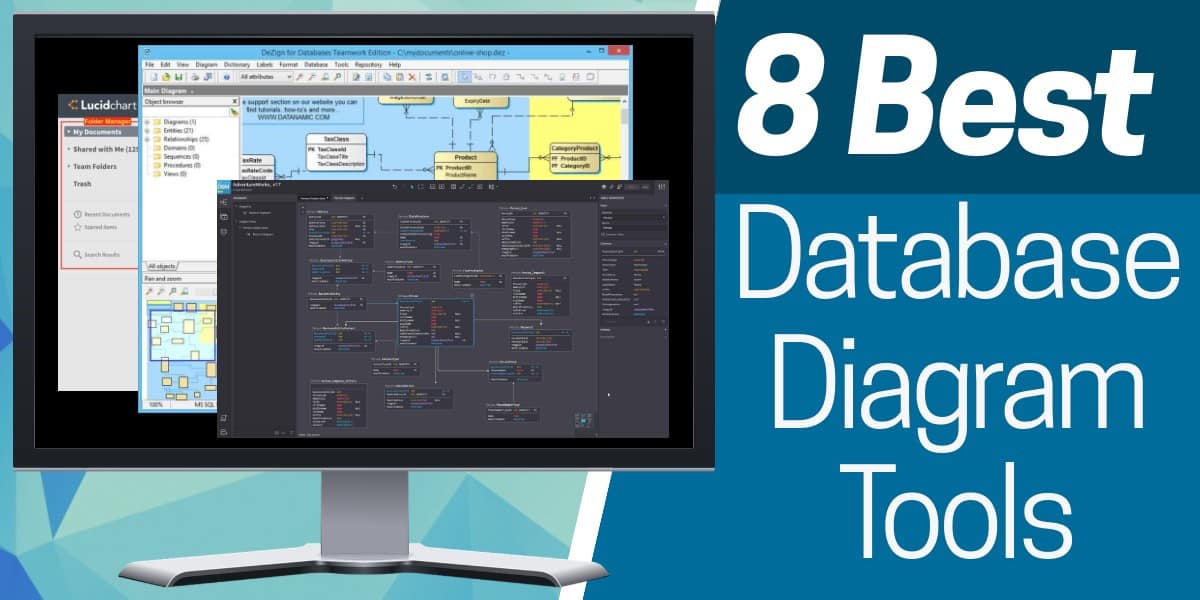
MySQL is, without any doubt, one of the most popular and widely used database management systems for Linux users. MariaDB comes with built-in support for Galera cluster technology, cross-platform support, client protocols, and API compatibility with MySQL, load spreading alongside many more features.This relational database management system uses a new powerful storage engine called Aria, which can deal with both transactional and non-transactional processes.It supports up to two times faster data replication than conventional database management systems for Linux and is backward compatible with MySQL servers.


MariaDB is one of the best Linux database management systems to emerge in recent times.

The Oracle Database is a multi-model solution marketed by Oracle Corporation and is used widely around the world for its empowering capabilities. Oracle is arguably the heavyweight when it comes to database management systems. Hopefully, you’ll get a good overview of the choices in general. Our editors have picked different systems for different types of databases like DBMS for relational databases, object databases, document-oriented databases, etc. Since a plethora of powerful and rewarding database management systems for Linux exists, we tried our best to select the ones with the most use cases. You need to understand that a database management system is not just the database itself but rather a collection of utilities packed together with the database. Others only offer the database, no management methods. The confusion arises because many DBMS such as MySQL packs pre-built mechanisms for managing the data in their database.
Best free relational database .net software#
Examples include MySQL, Microsoft SQL Server, and such, whereas DBMS refers to software that allows users to retrieve these data and manipulate them as per their requirements. So, we’ll try to distinguish between them in short below.Ī database is software that stores data. As a matter of fact, we all have been there where it just didn’t make sense. Often we see many people getting confused with the difference between traditional databases and database management systems(DBMS).


 0 kommentar(er)
0 kommentar(er)
